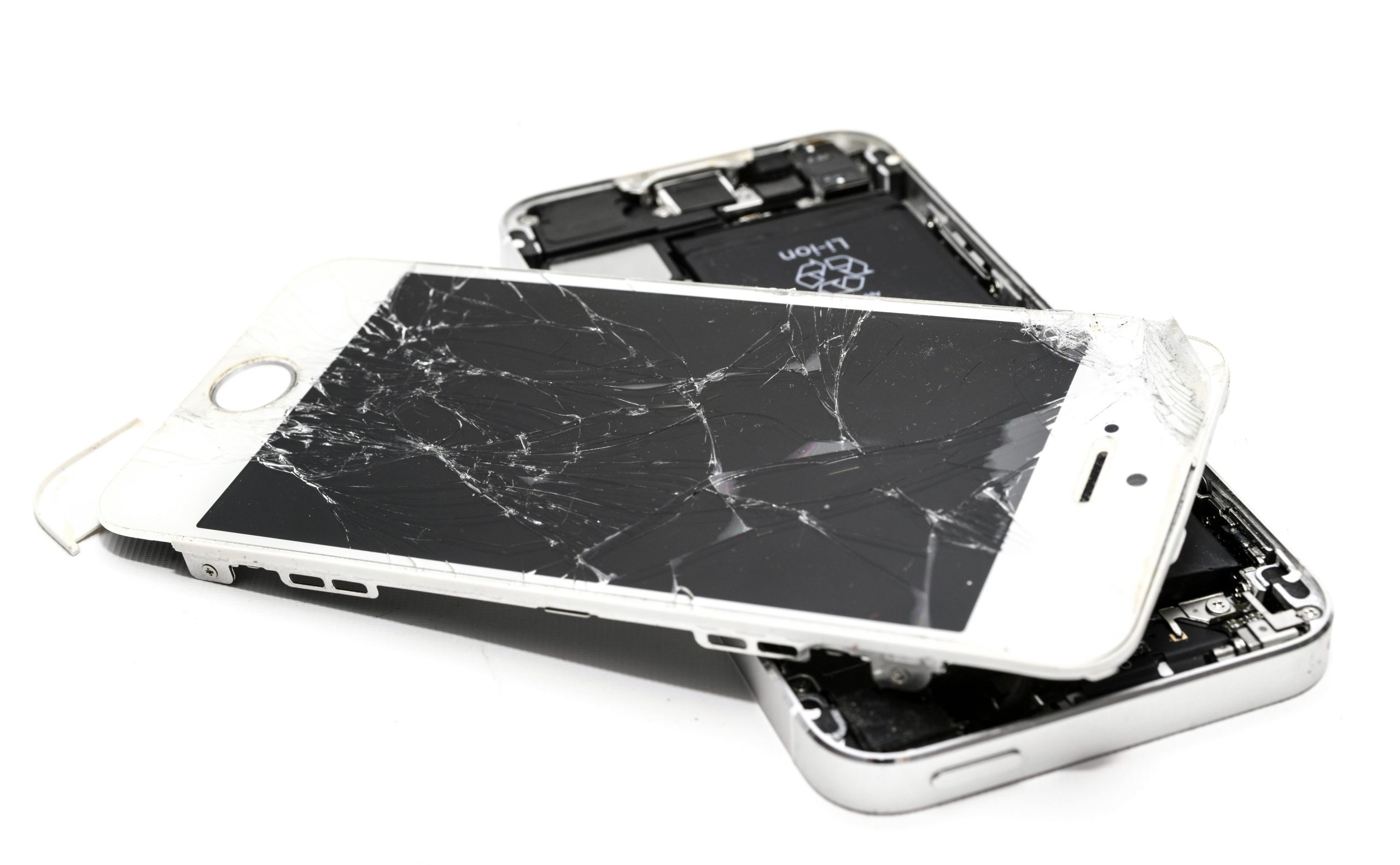Technology
The Importance of Proper Disposal of Electrical and Electronic Waste

With many electrical and electronic companies emerging each day, there is a need for proper disposal of electrical and electronic waste, which is what the WEEE Directive is advocating for. Proper disposal of electrical and electronic waste (e-waste) is critical due to its huge environmental, health, and economic impacts.
E-waste includes discarded electrical and electronic devices such as computers, televisions, mobile phones, household appliances, and batteries. Disposing of these items improperly can lead to severe consequences, making it essential to handle e-waste responsibly.
This article discusses a comprehensive guide on why proper disposal of electrical and electronic waste is crucial. Let’s get started!
- Protect the environment
Environmental protection is one of the most significant reasons for proper electrical and electronic waste disposal. E-waste contains hazardous materials like lead, mercury, cadmium, arsenic, and flame retardants, which harm the environment. When e-waste is improperly disposed of, such as in landfills or by incineration, these toxic substances can leach into the soil, water, and air.
Heavy metals such as lead and mercury can seep into the ground and contaminate groundwater, which can be difficult and expensive to clean up. Contaminated water sources can have long-term effects on ecosystems, harming plants, animals, and even human populations who rely on these water supplies.
Additionally, burning e-waste releases toxic fumes and particles into the air can contribute to air pollution. For instance, the incineration of plastics found in electronics can produce dioxins, which are highly toxic and can cause serious health problems.
- Reduce human health risks.
Another thing is that the improper handling of e-waste poses significant risks to human health, especially for those involved in informal recycling practices in developing countries, where safety regulations may be lax or nonexistent.
Those who work in informal recycling sectors often dismantle electronic devices by hand, exposing themselves to hazardous substances without proper protective equipment. Prolonged exposure to lead, mercury, and other toxins can cause respiratory problems, neurological damage, and developmental issues in children.
- Conserve resources
Electronic devices contain valuable materials such as gold, silver, copper, and rare earth elements. Proper disposal and recycling of e-waste allow for the recovery and reuse of these materials, reducing the need for mining and conserving natural resources.
Mining for raw materials is energy-intensive and environmentally destructive, leading to deforestation, soil erosion, and biodiversity loss. Recycling e-waste helps reduce the demand for new raw materials, thereby minimizing the environmental impact of mining activities. Additionally, recycling metals from e-waste requires significantly less energy than extracting and processing raw materials. For example, recycling aluminum saves up to 95% of the energy needed to produce aluminum from bauxite ore.
- It is a legal and ethical responsibility.
Many countries have implemented laws and regulations that require the proper disposal and recycling of e-waste. These regulations aim to protect the environment and public health while ensuring e-waste is managed ethically and sustainably.
Companies and individuals are legally obligated to comply with e-waste disposal regulations, such as the WEEE Directive in the European Union, which mandates the recycling and proper disposal of electronic waste.
E-waste is often exported from developed to developing countries, where it is improperly disposed of, causing environmental harm and health risks. Proper e-waste management is an ethical responsibility that helps prevent the exploitation of vulnerable communities and ensures that e-waste is handled safely and sustainably.













